The topic of this article may not meet Wikipedia's notability guideline for biographies .(March 2022) |
Alexander Mordukhovich (born March 28, 1946), is a composer and musician from Russia.
The topic of this article may not meet Wikipedia's notability guideline for biographies .(March 2022) |
Alexander Mordukhovich (born March 28, 1946), is a composer and musician from Russia.

Pyotr Ilyich Tchaikovsky was a Russian composer during the Romantic period. He was the first Russian composer whose music made a lasting impression internationally. Tchaikovsky wrote some of the most popular concert and theatrical music in the classical repertoire, including the ballets Swan Lake and The Nutcracker, the 1812 Overture, his First Piano Concerto, Violin Concerto, the Romeo and Juliet Overture-Fantasy, several symphonies, and the opera Eugene Onegin.

The Five, also known as the Mighty Handful or The Mighty Five, were five prominent 19th-century Russian composers who worked together to create a distinct national style of classical music: Mily Balakirev, César Cui, Modest Mussorgsky, Nikolai Rimsky-Korsakov and Alexander Borodin. They lived in Saint Petersburg and collaborated from 1856 to 1870.
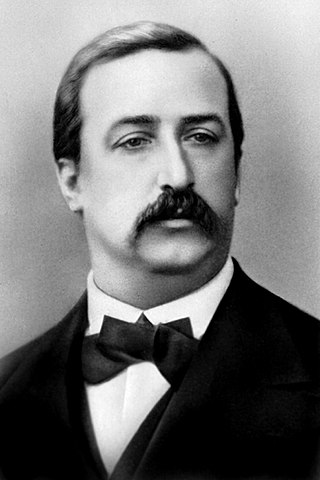
Alexander Porfiryevich Borodin was a Romantic composer and chemist of Georgian-Russian extraction. He was one of the prominent 19th-century composers known as "The Five", a group dedicated to producing a "uniquely Russian" kind of classical music. Borodin is known best for his symphonies, his two string quartets, the symphonic poem In the Steppes of Central Asia and his opera Prince Igor.

Alexander Nikolayevich Scriabin was a Russian composer and pianist. Before 1903, Scriabin was greatly influenced by the music of Frédéric Chopin and composed in a relatively tonal, late-Romantic idiom. Later, and independently of his influential contemporary Arnold Schoenberg, Scriabin developed a much more dissonant musical language that had transcended usual tonality but was not atonal, which accorded with his personal brand of metaphysics. Scriabin found significant appeal in the concept of Gesamtkunstwerk as well as synesthesia, and associated colours with the various harmonic tones of his scale, while his colour-coded circle of fifths was also inspired by theosophy. He is often considered the main Russian symbolist composer and a major representative of the Russian Silver Age.
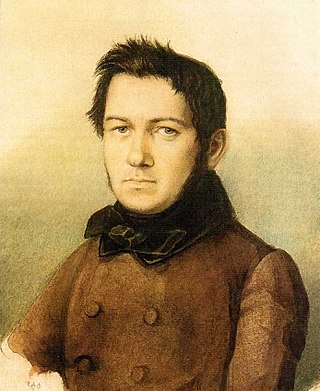
Mikhail Ivanovich Glinka was the first Russian composer to gain wide recognition within his own country and is often regarded as the fountainhead of Russian classical music. His compositions were an important influence on other Russian composers, notably the members of The Five, who produced a distinctive Russian style of music.

Alfred Garrievich Schnittke was a Russian composer. Among the most performed and recorded composers of late 20th-century classical music, he is described by musicologist Ivan Moody as a "composer who was concerned in his music to depict the moral and spiritual struggles of contemporary man in [...] depth and detail."

The N. A. Rimsky-Korsakov Saint Petersburg State Conservatory is a school of music in Saint Petersburg, Russia. In 2004, the conservatory had around 275 faculty members and 1,400 students.

The Moscow Conservatory, also officially Tchaikovsky Moscow State Conservatory is a higher musical educational institution located in Moscow, Russia. It grants undergraduate and graduate degrees in musical performance and musical research. The conservatory offers various degrees including Bachelor of Music Performance, Master of Music and PhD in research.

Zlatoust is a city in Chelyabinsk Oblast, Russia, located on the Ay River, 160 kilometers (99 mi) west of Chelyabinsk. Population: 174,962 (2010 Census); 194,551 (2002 Census); 207,794 (1989 Soviet census); 181,000 (1971); 161,000 (1959); 99,000 (1939); 48,000 (1926); 21,000 (1910).

The Russian avant-garde was a large, influential wave of avant-garde modern art that flourished in the Russian Empire and the Soviet Union, approximately from 1890 to 1930—although some have placed its beginning as early as 1850 and its end as late as 1960. The term covers many separate, but inextricably related, art movements that flourished at the time; including Suprematism, Constructivism, Russian Futurism, Cubo-Futurism, Zaum, Imaginism, and Neo-primitivism. In Ukraine, many of the artists who were born, grew up or were active in what is now Belarus and Ukraine, are also classified in the Ukrainian avant-garde.

Alexander Sakharoff was a Russian dancer, teacher, and choreographer who immigrated to France.
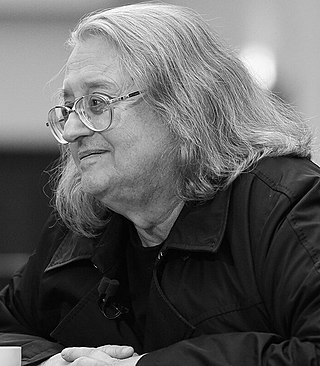
Alexander Borisovich Gradsky was a Russian rock singer, bard, multi-instrumentalist and composer.
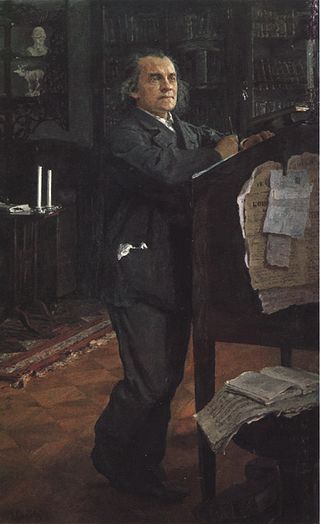
Alexander Nikolayevich Serov was a Russian composer and music critic. He is notable as one of the most important music critics in Russia during the 1850s and 1860s and as the most significant Russian composer in the period between Dargomyzhsky's Rusalka and the works of Rimsky-Korsakov, Mussorgsky, and Tchaikovsky.

Alexander Ilyich Siloti was a Russian virtuoso pianist, conductor, and composer.

Metallurg Magnitogorsk is a professional ice hockey team based in Magnitogorsk, Chelyabinsk Oblast, Russia. They are members of the Kharlamov Division of the Kontinental Hockey League. They also competed in the Champions Hockey League, losing the 2008–09 season championship round to Swiss club, the ZSC Lions.

Georgy Vasilyevich Sviridov was a Soviet and Russian composer. He is most widely known for his choral music, strongly influenced by the traditional chant of the Russian Orthodox Church, as well as his orchestral works which often celebrate elements of Russian culture.
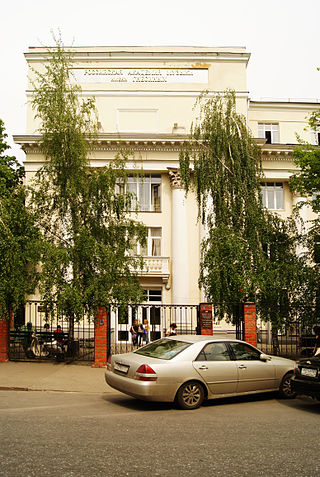
The Gnessin State College of Music and Gnessin Russian Academy of Music comprise a music school in Moscow.

Alexander Igorevich Rybak or Alyaksandr Iharavich Rybak is a Belarusian-born Norwegian musician and actor. Based in Oslo, Norway, Rybak extensively worked on television programs and on tours in Europe, particularly in Scandinavia and Eastern Europe throughout the early 2010s. Performing in English, Russian and Norwegian, Rybak has released five albums.
Boris Mordukhovich is an American mathematician recognized for his research in the areas of nonlinear analysis, optimization, and control theory. Mordukhovich is one of the founders of modern variational analysis and generalized differentiation. Currently he is Distinguished University Professor and Lifetime Scholar of the Academy of Scholars at Wayne State University.
Lev Mordukhovich Tseitlin, known as Leo Zeitlin, was a Russian-Jewish composer. In 1923, he emigrated to the United States. His best-known work is Eli Zion, a paraphrase for piano and cello "on a folk theme and trope of 'Song of Songs'".